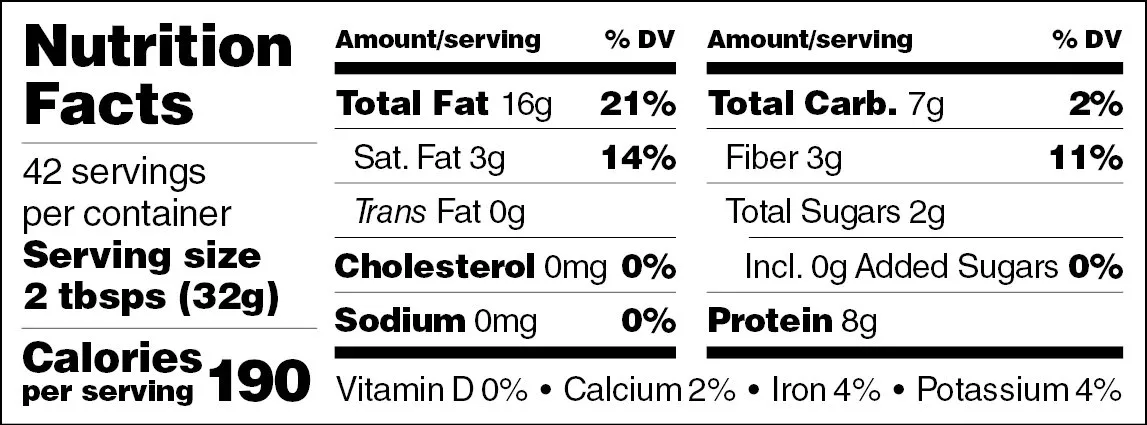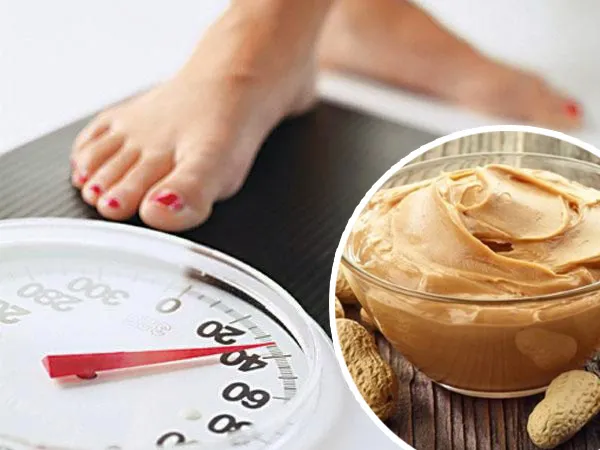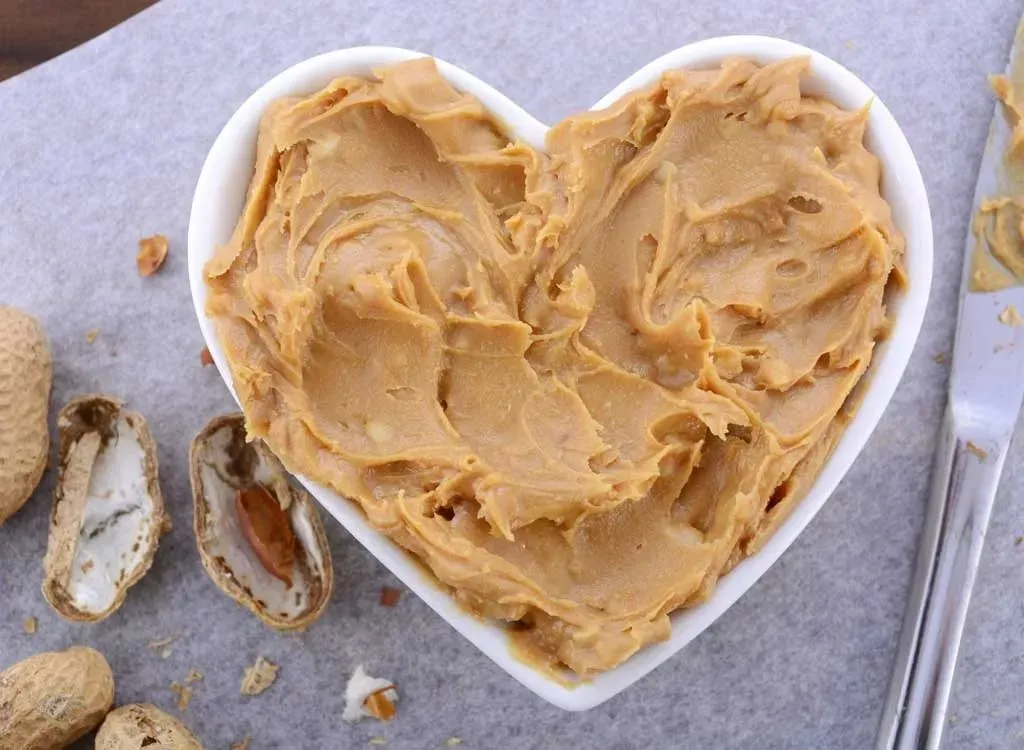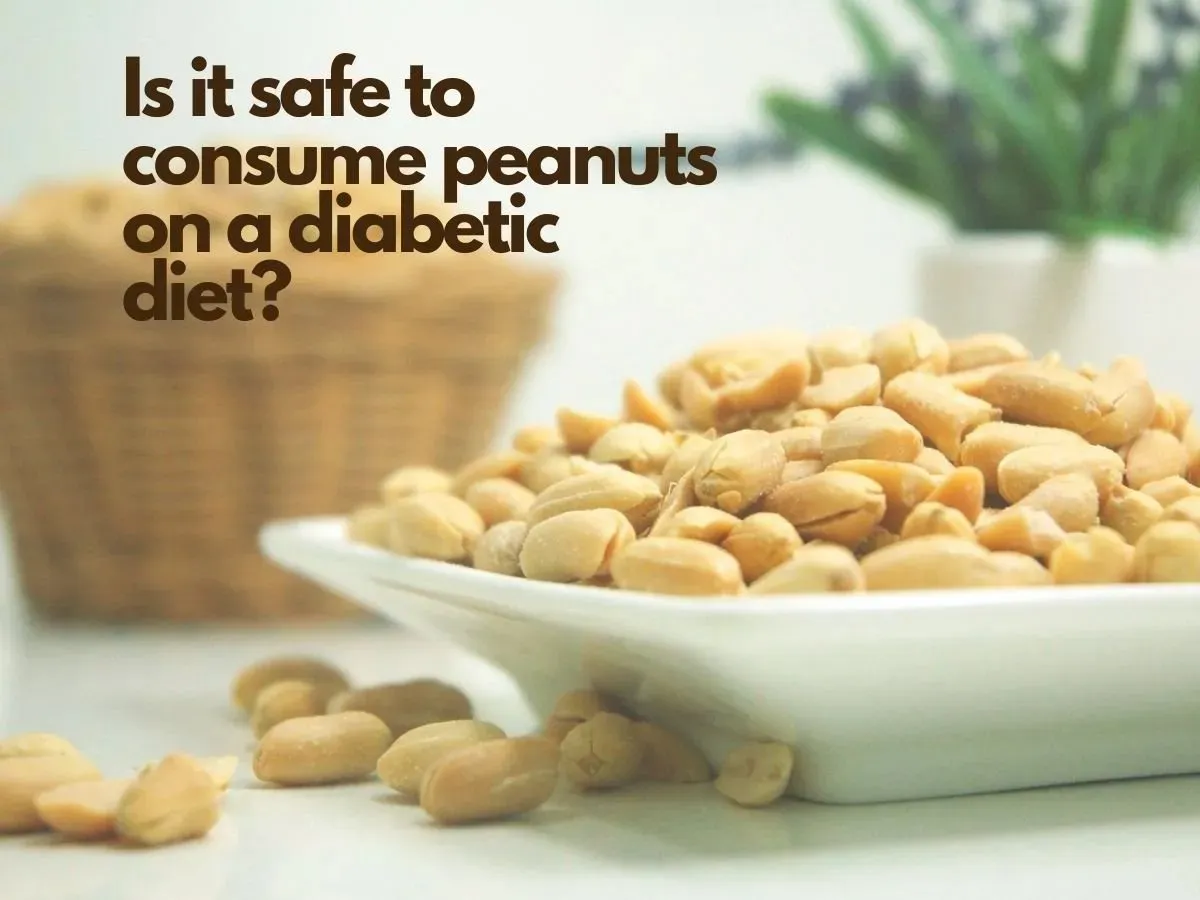
3 Reasons Women Should Eat Peanut Butter Every Day
Hey ladies, have you had your peanut butter today? If not, you might want to reconsider. As it turns out, peanut butter isn't just a delicious treat, it's actually really good for you. Here are three reasons why you should be eating peanut butter every day. Peanut butter is packed with nutrients like healthy fats, protein, and antioxidants that provide some serious benefits for women's health. It's great for your heart, it keeps you feeling full, and it may even help reduce the risk of some types of cancer. So while peanut butter might be calorie-dense, its nutritional benefits far outweigh any potential downsides. Time to grab a spoon and dig in!
Peanut Butter Is a Nutrient-Dense Food
Peanut butter is packed with nutrients that are especially important for women.
Protein powerhouse
Peanut butter contains 8 grams of protein per 2 tablespoon serving. As a woman, you need protein for healthy hair, skin, nails, and to maintain muscle mass. Spread peanut butter on whole wheat toast, add to smoothies, or just eat by the spoonful.
Healthy fats
Peanut butter has heart-healthy monounsaturated fats that can help lower "bad" LDL cholesterol and raise "good" HDL cholesterol. The fats in peanut butter are also beneficial for hormone health and fertility in women.
Essential vitamins and minerals
Two tablespoons of peanut butter contains vitamin E, magnesium, folate, niacin, copper, and manganese—all of which many women lack in their diets. Vitamin E acts as an antioxidant, folate is important in pregnancy, and magnesium helps with PMS symptoms and menstrual cramps.
Weight maintenance
Peanut butter, in moderation, can aid weight maintenance due its protein and fiber content, which help you feel full and reduce appetite. Studies show eating nuts regularly does not cause weight gain and may even help with weight loss. So go ahead, spread that peanut butter!
In summary, peanut butter is a nutritional powerhouse for women. Add it to your daily diet and reap the healthy benefits of this delicious nut butter. Your body—and your taste buds—will thank you.
Peanut Butter Can Help Manage Weight
Peanut butter is packed with healthy fats and protein that can actually help you lose weight and maintain muscle.
Healthy Fats
Two tablespoons of peanut butter contain 16 grams of fat, but most are unsaturated fats - the good kind. These fats help you feel full and reduce appetite, so you're less likely to overeat or snack between meals.
Protein Power
Peanut butter also provides 8 grams of protein per serving. Protein, like fat, keeps you feeling satisfied and reduces cravings. It also helps maintain muscle mass as you lose weight, so you end up losing more fat and less muscle.
Metabolism Boost
The monounsaturated fats in peanut butter may also give your metabolism a slight boost. Studies show people who eat nuts and nut butters tend to have a slightly higher metabolism, which can help you burn more calories each day.
Portion Control
While peanut butter does have benefits for weight loss, it is high in calories, so you still need to watch your portion sizes. Stick to 1-2 tablespoons per serving to keep calories in check. You can also try natural peanut butter with no added sugar and salt for the most nutritious option.
The Bottom Line
Peanut butter can absolutely be part of a healthy weight loss plan. It's packed with nutrients that keep you feeling full, reduce appetite and may give your metabolism a small boost. The key is practicing proper portion control and choosing a natural peanut butter with no added sugar. Spread the peanut butter love!
Peanut Butter May Reduce Risk of Heart Disease
Peanut butter is a delicious snack that provides several heart health benefits for women. Here are three reasons why you should eat peanut butter every day:
Peanut Butter is a Source of Plant-Based Protein
Peanut butter contains 8 grams of protein per 2 tablespoon serving. This plant-based protein provides amino acids your body needs to build and repair muscle. For women, getting enough protein at each meal can help maintain muscle mass as you age and support an active lifestyle.
Peanut Butter Contains Healthy Fats
Peanut butter is made up of mostly heart-healthy unsaturated fats, like monounsaturated fat and polyunsaturated fat. These fats help lower “bad” LDL cholesterol and raise “good” HDL cholesterol for women. The unsaturated fats in peanut butter may help reduce plaque buildup in arteries and lower heart disease risk.
Peanut Butter is Filled with Nutrients
Two tablespoons of peanut butter contain 190 calories but also provide several vitamins and minerals. Peanut butter contains magnesium, potassium, antioxidants, and niacin, all of which are important for heart health. In particular, the monounsaturated fats in peanut butter contain resveratrol, a type of antioxidant also found in red wine that may help prevent damage to blood vessels and reduce inflammation in the body.
In summary, peanut butter deserves a spot in every woman’s diet. It’s a delicious snack filled with protein, healthy fats, and nutrients that benefit your heart and overall health. Spread some peanut butter on whole wheat toast, dip pretzels or apples in it, or add a spoonful to your oatmeal or smoothie. However you enjoy it, peanut butter is a simple way for women to boost nutrition and support a healthy heart.
Peanut Butter Can Improve Blood Sugar Levels
Peanut butter is packed with nutrients that can help regulate blood sugar levels, especially in women. Here are a few reasons why peanut butter deserves a place in your diet:
It's high in protein
Peanut butter contains 8 grams of protein per 2 tablespoon serving. Protein helps you feel full and reduces cravings, which can help prevent blood sugar spikes. The protein in peanut butter, especially when combined with complex carbohydrates like whole grain bread, creates a balanced snack that provides sustained energy.
It has healthy fats
Peanut butter contains heart-healthy monounsaturated fats that can help slow the digestion of sugars and the absorption of carbohydrates. This prevents blood sugar levels from rising too quickly after a meal. The fats in just two tablespoons of peanut butter can keep you feeling satisfied for hours.
It has magnesium
Peanut butter is a good source of magnesium, with 8% of your daily needs in two tablespoons. Magnesium helps your cells properly utilize glucose and secrete insulin, the hormone that regulates blood sugar levels. Most women do not get enough magnesium in their diet, so peanut butter can help fill in the gap.
In moderation, peanut butter can absolutely be part of a healthy diet for women. Avoid varieties with added sugar and instead choose natural peanut butter with peanuts as the only ingredient. Pair your peanut butter with fresh fruit, whole grains, or vegetables for a balanced snack that provides protein, fiber, and healthy fats to keep your blood sugar in check.
How to Choose the Healthiest Private Label Peanut Butter
When choosing a peanut butter, check the ingredient list to find the healthiest option. Avoid peanut butters with extra sugar, oil, and salt. The fewer ingredients the better.
Ingredients to look for:
Peanuts - The first ingredient should be peanuts. Peanuts contain healthy fats, plant-based protein, and antioxidants.
A little bit of salt - Some salt is fine for flavor and as a preservative, but aim for under 100 mg per serving. Too much sodium is bad for your heart health.
Optional: Palm oil - Palm oil is added to prevent separation, but not necessary. It’s semi-solid at room temperature and cholesterol-free, though high in saturated fat. Look for sustainably-sourced palm oil.
Ingredients to avoid:
Added sugar - Sugar should not be one of the first three ingredients. Look for less than 4 grams of added sugar per serving. Sugar provides empty calories and spikes blood sugar.
Hydrogenated or partially hydrogenated oils - These trans fats are terrible for your heart and overall health. They are often added to increase shelf life and prevent separation. Avoid them.
High fructose corn syrup - This highly processed sweetener has been linked to weight gain, diabetes, and heart disease. It’s cheap but unhealthy - skip it.
When comparing brands, check the nutrition labels in addition to the ingredients. Look for a peanut butter with the least amount of saturated fat, trans fat, sugar and sodium, and the most protein and healthy unsaturated fats per serving. Choosing the most natural peanut butter with minimal processing will provide the maximum nutrition. Your heart and waistline will thank you!
Conclusion
So there you have it, ladies. Three science-backed reasons why peanut butter deserves a place in your daily diet. With its healthy fats, protein, and nutrients like niacin and magnesium, peanut butter is like nature's multivitamin for women. Whether you spread it on toast, add it to your smoothies, or just eat it by the spoonful, peanut butter is an easy and delicious way to give your body what it needs. So go ahead—indulge in your favorite peanut butter and reap the rewards. Your body, health, and taste buds will thank you.




